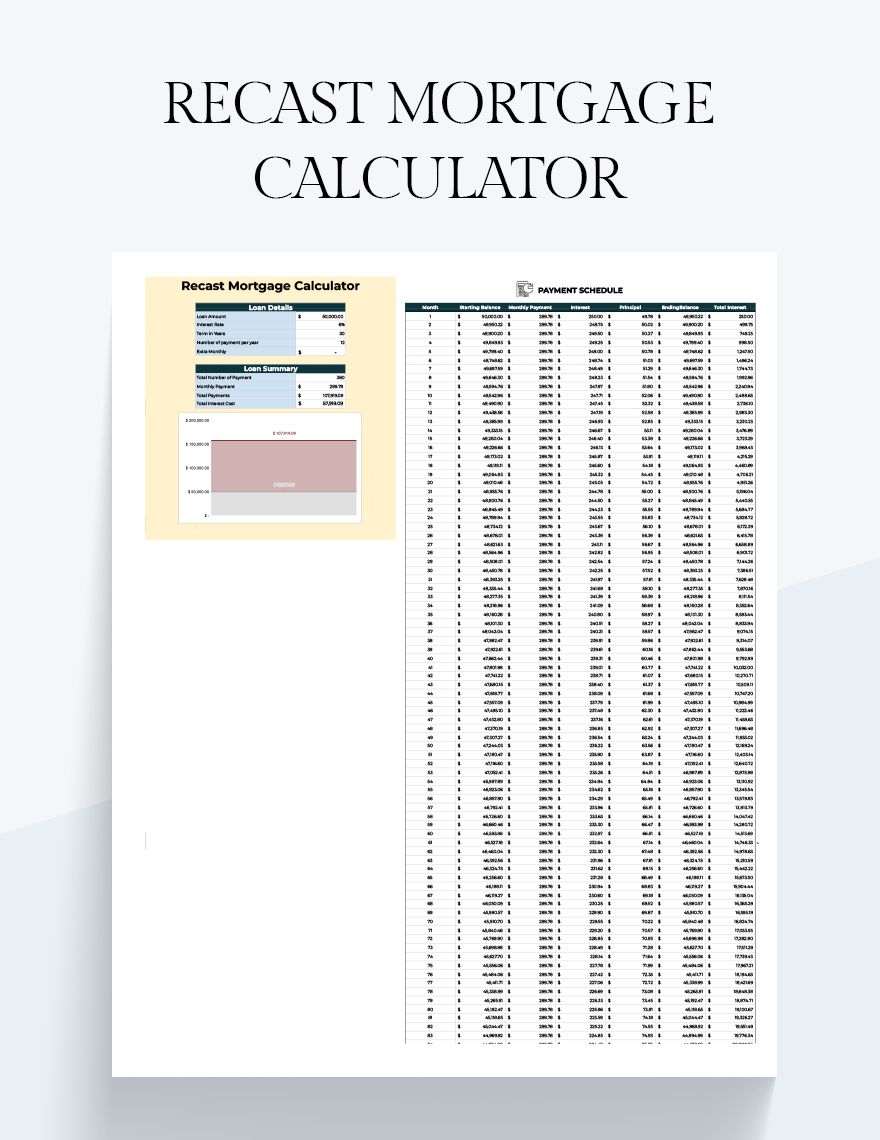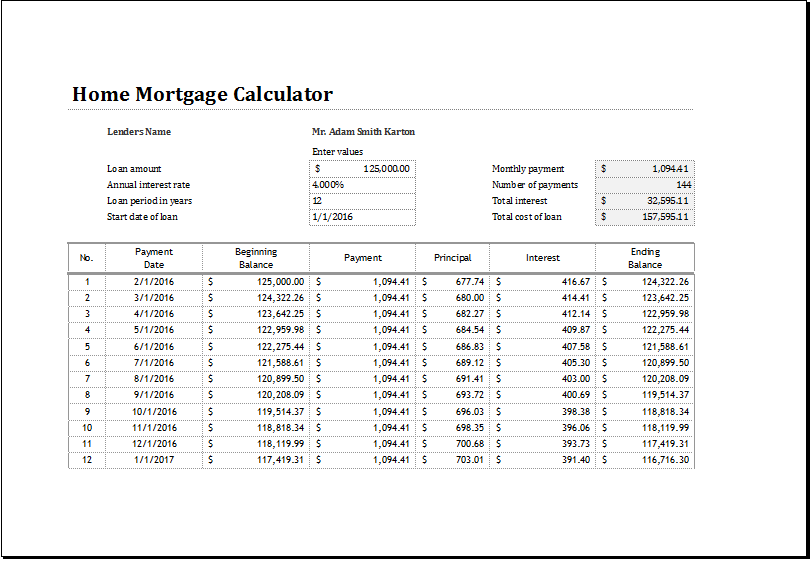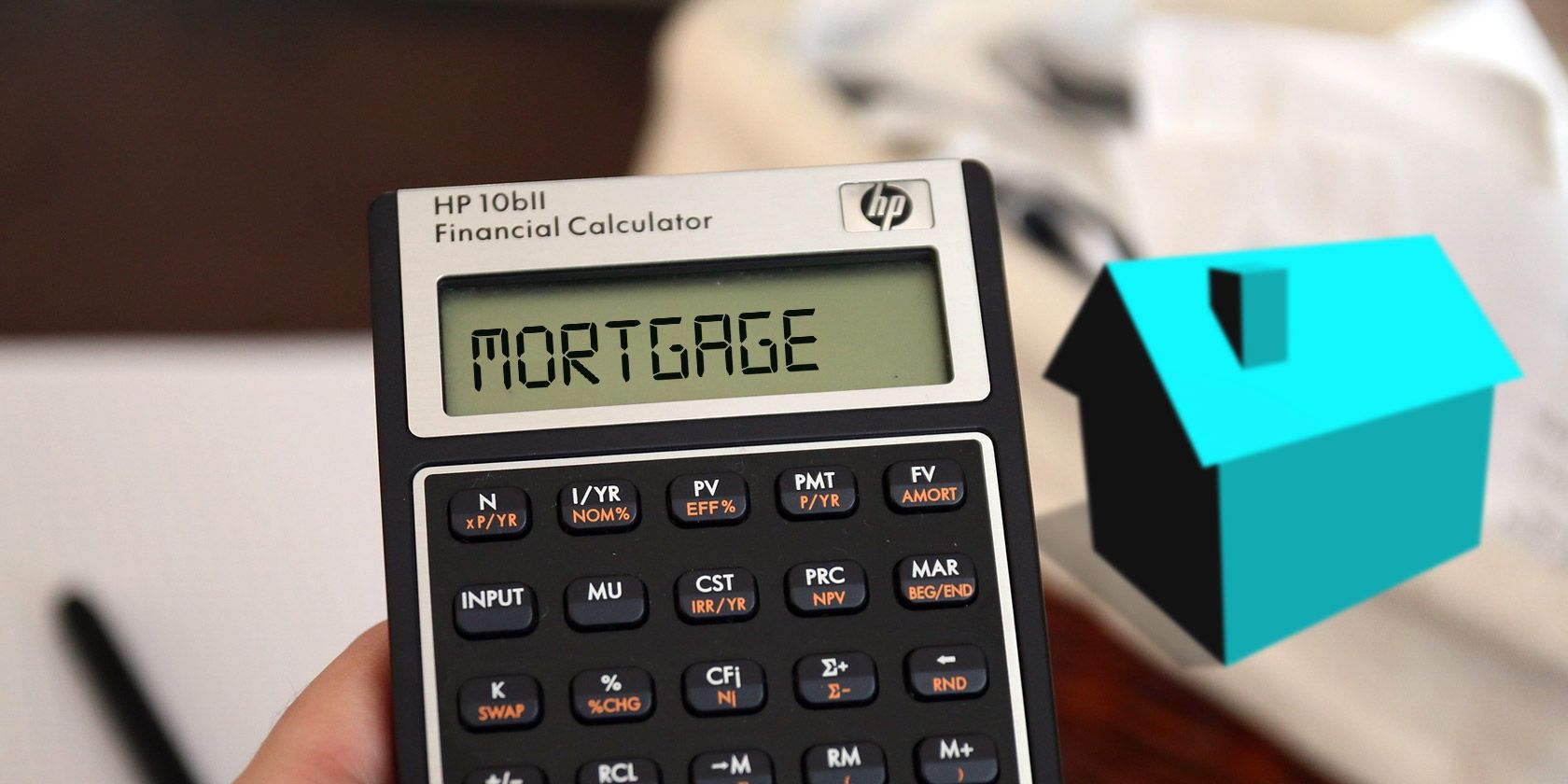How Many Functions Does a Scientific Calculator Have?
Scientific calculators are marvels of modern technology, packing a multitude of functions into a compact device that fits in your hand. Have you ever wondered just how many functions these calculators can perform? Let's delve into the world of scientific calculators and uncover their capabilities in simple, understandable terms.
Table of Contents
| Sr# | Headings |
|---|---|
| 1. | Introduction |
| 2. | Basic Functions |
| 3. | Trigonometric Functions |
| 4. | Logarithmic and Exponential Functions |
| 5. | Statistical Functions |
| 6. | Graphing Functions |
| 7. | Programming Capabilities |
| 8. | Unit Conversions |
| 9. | Equation Solving |
| 10. | Customization and Memory Functions |
| 11. | Advanced Features |
| 12. | Conclusion |
| 13. | FAQs |
Introduction
Scientific calculators are indispensable tools for students, professionals, and anyone who deals with complex calculations. While their primary purpose is straightforward—performing mathematical operations—they are equipped with a vast array of additional functions that make them versatile instruments. Let's explore what makes these calculators more than just basic arithmetic tools.
Basic Functions
Scientific calculators are capable of performing all the basic arithmetic operations: addition, subtraction, multiplication, and division. These functions form the foundation upon which more advanced capabilities are built.
Trigonometric Functions
Trigonometric functions such as sine, cosine, and tangent are crucial for geometry, physics, and engineering calculations. http://www.calculatoronline.chat/mortgage-calculator-massachusetts/ allow users to solve triangles, determine angles, and analyze periodic phenomena.
Logarithmic and Exponential Functions
Logarithmic and exponential functions enable calculations involving powers and roots, which are essential in fields like finance, chemistry, and physics. They simplify complex operations by transforming multiplication and division into addition and subtraction.
Statistical Functions
Statistical functions like mean, standard deviation, and regression analysis facilitate data analysis and interpretation. These functions are indispensable in fields such as economics, biology, and social sciences.
Graphing Functions
Some advanced scientific calculators come equipped with graphing capabilities, allowing users to visualize mathematical functions and analyze their behavior graphically. https://calculatoronline.icu/cumulative-interest-calculator-excel/ is particularly useful in calculus and advanced mathematics.
Programming Capabilities
Programming capabilities allow users to create and store custom functions and programs. This feature is beneficial for automating repetitive calculations or solving specific types of problems efficiently.
Unit Conversions
Many scientific calculators include built-in unit conversion functions, enabling users to convert between different units of measurement effortlessly. This feature is handy for professionals in engineering, physics, and chemistry.
Equation Solving
Advanced calculators can solve equations numerically or symbolically, making them powerful tools for algebraic manipulation and problem-solving.
Customization and Memory Functions
Users can customize settings, store variables, and recall previous calculations using memory functions. This enhances user efficiency and convenience, especially in scenarios requiring multiple calculations.
Advanced Features
Modern scientific calculators may include additional features such as touchscreen interfaces, interactive geometry capabilities, and connectivity options for data sharing and updates.
Conclusion
In conclusion, scientific calculators are packed with a multitude of functions designed to meet the needs of diverse users—from students to professionals in various fields. Understanding these capabilities allows users to leverage their calculators fully for both basic and complex calculations.
FAQs
1. What are the basic functions of a scientific calculator?




